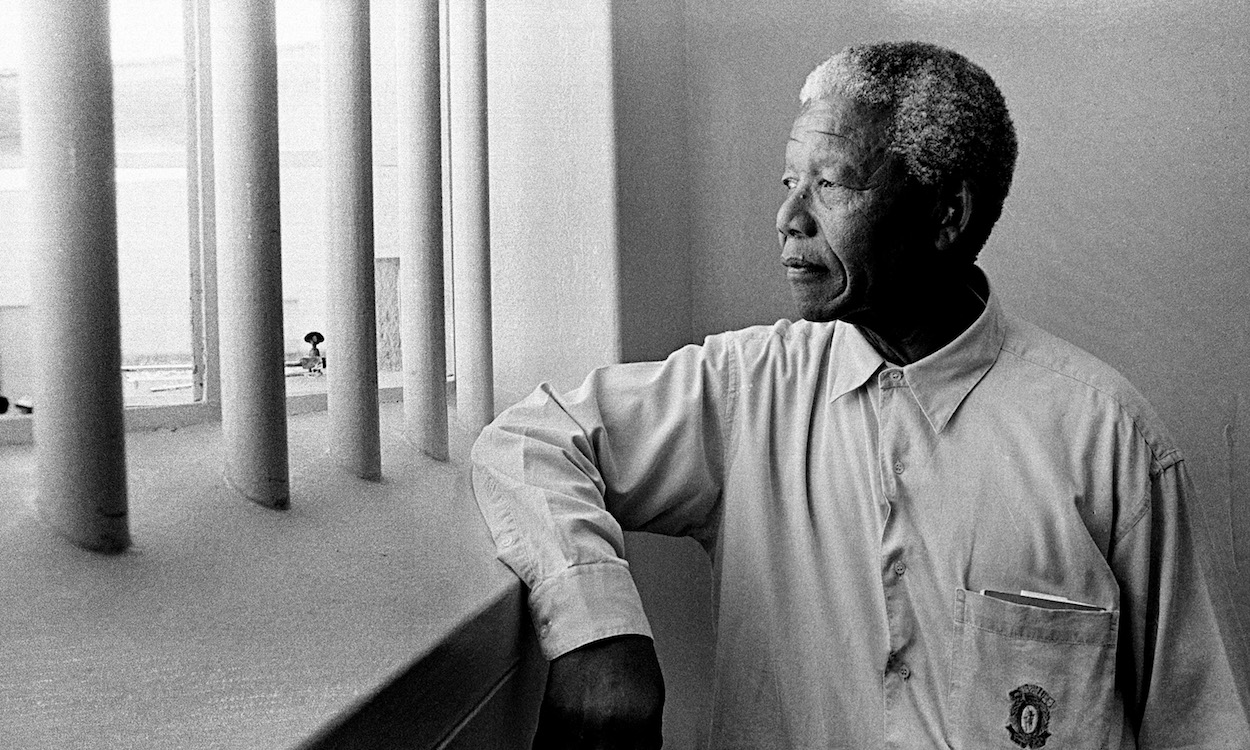“I DREAM OF AN AFRICA WHICH IS IN PEACE WITH ITSELF” – NELSON MANDELA
The African National Congress (ANC) has long fought for a unified and democratic South Africa. It was formed in 1912 as a response to institutional racism in the exclusively white South African government. Before its ban in 1960, the ANC fought to eliminate apartheid – the official South African policy of racial segregation and discrimination. In 1994, four years after the lifting of the ban on the ANC, its president Nelson Mandela was South Africa’s first democratically-elected, black president of its first multi-ethnic government. Subsequently, the ANC came to represent the long fought for a vision of an egalitarian, democratic, and ultimately unified South Africa; an ideal come to fruition as the rise of the ANC told the world that equality was possible in the face of injustice. Now, this symbolic party is disintegrating from the inside out. What is it that has stripped a party of its integrity to the extent that 90 ANC politicians have been assassinated since 2016?
The cause of the party’s fall from grace is not noble or virtuous as one might expect. It is not because of conflicting ideals nor competing for passion to fulfill the dreams the ANC promoted with Nelson Mandela at its head. The legitimacy of the ANC’s rule has been compromised by internal corruption. Lawlessness reigns in the party which sought to enforce a lawful political system with politicians embezzling millions and murdering each other if they threaten to undermine their power.
One ANC councillor who expressed the need for an inquiry into government housing was gunned down while driving her three children in her car. An ANC city council speaker who exposed corruption in the construction of a soccer stadium was gunned down outside of his home, in front of his son. Most prominently, Sindiso Magaqa, a national figure of great promise as an ANC politician was killed shortly after accusing ANC party officials of misappropriating millions in the failed refurbishment of a historic building.
In spite of the frequency and visibility of the murders, few people are being held accountable. The government’s silence on the political assassinations and their lack of cooperation with those trying to investigate them speak volumes. Current party officials claim the inaction of the government illuminates a desire to mask the true extent of the internal corruption – in other words, they believe the corruption penetrates to the core of the party to the most powerful and senior positions.
Despite the ANC’s promise to liberate black South Africans from the poverty the apartheid trapped them in, statistics show that South Africa remains the world’s most unequal country. The World Bank, a financial institution that provides loans in the hopes of eliminating extreme poverty finds that the wealthiest 1% of South Africans own 70.9% of the nation’s wealth while the poorest 60% of the country own 7%. 55% of South Africans live in poverty. More shockingly, Statistics South Africa found that in 2015 93% of those living in poverty were black, and 1% were white.
Nelson Mandela’s dream of an egalitarian post-apartheid South Africa couldn’t be further from the reality the ANC has forged in recent years. Inequality still dominates the lives of South Africans, with embezzlement replacing racism as the oppressive force that holds down the nation. Projections show the country won’t meet its goal of eradicating extreme poverty (people earning less than $1.90 a day) by 2030, a figure testament to the betrayal of the ANC’s ideals by its leaders.
Georgie Wardall
Main Image Credit: Mandela returning to his former prison Robben Island in 1994 after being elected President. (Jurgen Schadeberg / Getty Images)

